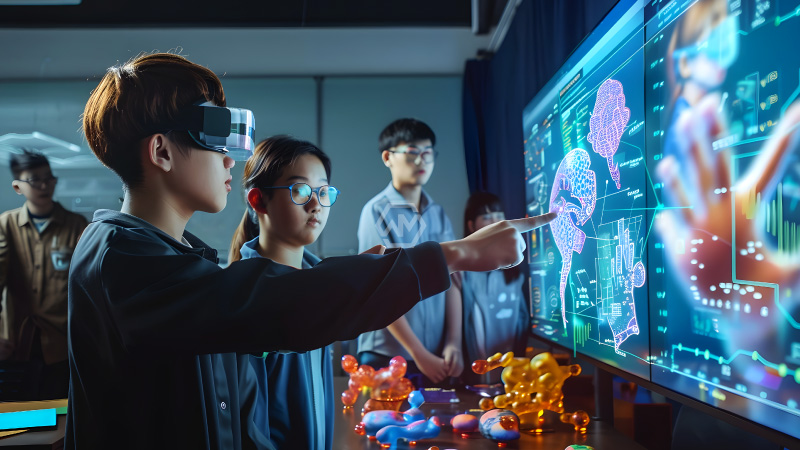- China to integrate AI into teaching, textbooks, and curriculums at all education levels.
- Aims to boost innovation and national competitiveness through education reform.
- Focus on building skills like problem-solving, communication, and collaboration.
China’s Ministry of Education unveiled a sweeping plan to incorporate artificial intelligence across its educational landscape. This plan targets primary to higher education.
Beyond technological adoption, the reform seeks to nurture what the government calls “core competitiveness” in innovation. By encouraging independent thinking and team-based problem-solving, China is shifting the focus from rote memorization to applied learning.
AI-Powered Education: China’s Blueprint for a Smarter Generation
China’s push to integrate artificial intelligence into education reflects a broader national ambition to lead in global tech innovation. The reform positions AI not merely as a tool but as a foundational element. It aims to shape the minds of future innovators, engineers, and thinkers.
In schools, AI will be used to personalize learning experiences. Students will be able to progress at their own pace, with AI analyzing their strengths and weaknesses to provide targeted support. This shift could reduce educational inequality by offering more individualized instruction.
For educators, the reform includes training programs focused on AI literacy and application. Teachers will be expected to incorporate intelligent systems into lesson delivery, student evaluation, and feedback mechanisms. These changes aim to transform traditional teaching roles into more dynamic, tech-integrated ones.
The reform also ties into China’s larger socio-economic goals. Education becomes a driver of national competitiveness. With talent development at the center, the plan signals a shift toward an innovation-driven growth model. Education and technology will evolve together.
China’s AI-driven education reform is not just an academic upgrade—it’s a strategic move. The goal is to prepare a generation capable of thriving in a future defined by innovation and global competition.
“Education is the most powerful weapon which you can use to change the world.” – Nelson Mandela



